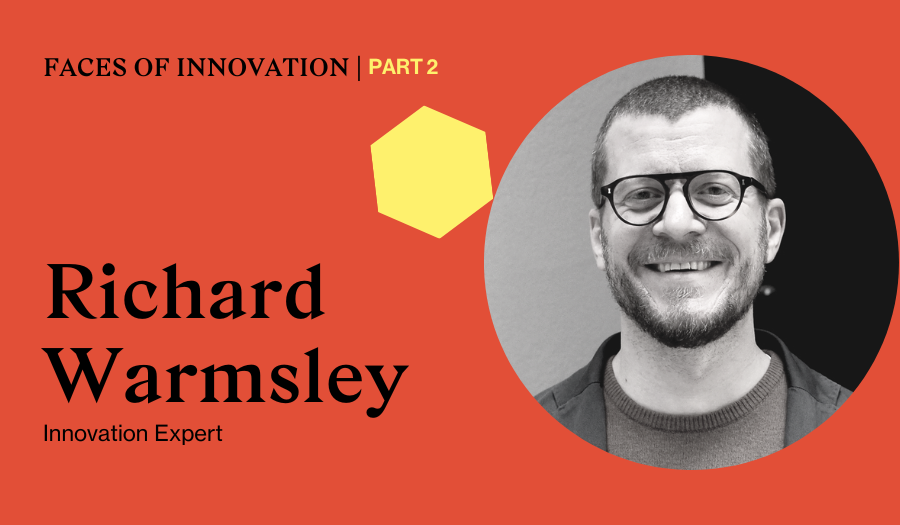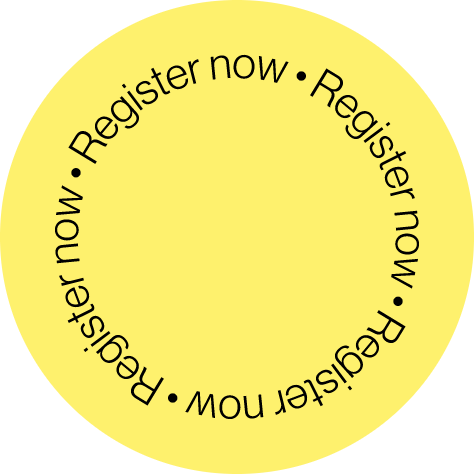Last month, we featured Richard Warmsley, in a thought-provoking piece that explored his career story - from leading proposition development within corporates, to designing innovation projects as a consultant - experiences, and thoughts around the skills needed today within the world of innovation. This week, we delve deeper to understand Richard’s thoughts on partnerships between suppliers and buyers of innovation services plus a view on what it takes to be successful in today’s economic climate.
How have you seen the nature of partnerships evolving over the years and how do you think that impacts the consultant/service provider vs client relationship?
When I was client-side, my perception of consultants was that you would have either very specialist CRM or tech consultants who would come in and do their jobs, for example, or you would have strategic management consultants. At the time, and I’m sure this has changed, they would typically be in the corner of the office and there wasn’t always a lot of dialogue between the ‘everyday’ people in the company and the consultants. The agency relationship could similarly seem quite hands- off - you would put a brief out and then obviously a conversation and partnership would develop. But it wasn’t as collaborative as it is today.
What’s really interesting now is you’ve got much more of a collaborative eco-system between client companies, technology specialists, creative agencies, innovation consultants, and so on now. I think there’s more respect between the different parties in understanding that each have their own talents and specialisms, and it’s about working out the best way of bringing those together.
Getting people in a room together and establishing common goals is important
Getting people in a room together and establishing common goals is important. Because we can’t run projects and companies in a linear process way anymore. The spreadsheet or Gantt chart approach of picking up sequential tasks isn’t just boring (some project manager chasing people every week and creating a Red/Amber/Green log) - it doesn’t work. It doesn’t deliver the benefits that were claimed in the time that was promised. If it did, every organisation would have huge numbers of successful products and services to point to.
That doesn’t mean we want anarchy or chaos, but it is about recognising that things are more fluid than a massive project plan or overly-complicated business case.
I often talk about the fact that all kinds of companies are often at their best when there is a crisis, because in a crisis, people quite enjoy that moment of getting everyone in a room to solve something.
The urgency creates moments of clarity.
The urgency creates moments of clarity. For example, I can think of clients I’ve spoken to where there has been some kind of regulatory change and they need to bring in a big consultancy firm to fix a problem and that’s kind of an easy decision because you go ‘right, we’ve got to solve it.’
But what would be better, is if it didn’t have to get to that point of urgency to fix a problem together. We can inject that pacy, problem-solving collaboration into everyday work together, to deliver innovation that anticipates the future, rather than just reacting to it. I think that’s where we’re heading with variations on the agile, scrum, lean start-up sprint, test and learn experimental approaches.
If we think about the organisations of the future, I think of them of being much more like ‘federations’ - the future feels much more like people doing more project based roles, and this is already the case - rather than being given a job and it doesn’t change for five years, that job will be evolving.
Rather than company divisions in a nice, neat pyramid, there will be different projects and teams, picking up different opportunities at different times. And that naturally leads to different partners for different projects. That’s why I think we’re seeing more ‘network’ partnerships between the larger consultancies and more specialist firms, because there is a recognition that it doesn’t have to always be about proving you can do everything perfectly within your own team or organisation. It’s about complementary skills and that more flexible model of an organisation.
You see companies coming together within a sector - like large strategic or technology management consultancies working with smaller, boutique agencies and innovation companies. Or you get companies across different sectors blending their skills, experience and capabilities to tackle problems together.
Northumbrian Water does something fantastic with bringing their suppliers and partners together for an innovation festival in a field in Newcastle, for example - tackling their own industry challenges and societal issues by bringing together completely different companies in sprints - and with brilliant festival entertainment, which brings down barriers.
Building on that future of organisations thinking, what do you think it will take to be successful over the next few years in the innovation space?
We live in a data-rich world and I think that lends itself to people wanting to see results they can measure. The experimental approach that companies like Fluxx take means that you set-up clear tests of customer or colleague behaviour which you can measure. Do customers sign-up to show their interest in this new product? Can colleagues deliver a new experience in the way we expected? Gathering real evidence earlier.
And that data richness I can only see increasing. Everyone wanting to know if we’re making progress as a project develops. Not measuring progress as ‘clocking in and clocking out’ as perhaps the old simple model of billable hours.
Rather than spending millions on an unproven idea and a big bang launch, we’re scaling up as we learn what works, and releasing time, money and resource more incrementally. Building confidence together.
Rather than spending millions on an unproven idea and a big bang launch, we’re scaling up as we learn what works, and releasing time, money and resource more incrementally. Building confidence together. Particularly if you look at medium sized companies, as well as large, the days of splurging money (perhaps as they did in the dot-com era) on ideas and seeing where they went in a very bold and experimental way, are unlikely to return. Because we’re now able to experiment more easily with digital tools - measuring results in real-time, rather than spending a lot of time, money and resource on a big, bold project and waiting until it goes live to see if it works.
And obviously we live in a global, competitive market and most companies aren’t easily shielded from the competition, so you’ve got to be very careful about where you place your bets. I think seeing those tangible results come through faster, seeing things scale up probably becomes more important to stay competitive.
Crucially, it means setting aside some of the traditional measures of corporate success and watching out for our egos. In the past, how much money was being spent on your project, how many people worked ‘for’ you, who had the biggest project at board level - all these were measures of career success, or at least a source of leadership competitiveness!
I think people have now witnessed too much of the people who come in, create a lot of noise, kick-off something that sounds big, and move on without delivering the expected results.
There is much less tolerance of that kind of leadership. It’s not authentic and it doesn’t deliver growth for the company or for colleagues.
There is much less tolerance of that kind of leadership. It’s not authentic and it doesn’t deliver growth for the company or for colleagues. We need to focus on the tangible results for the team and the business. Has this innovation opened up new opportunities for everyone? Has it delivered something better in the market for millions of people every day, so they’re willing to pay a premium for it? Will this work build a distinctive reputation and strengthen our trust?
How does the current economic climate affect what you do these days?
It certainly creates, again, a focus on clarity of results - companies aren’t going to spend their money unless they’re sure what they’re getting for their investment. Agencies and consultancies don’t want to invest precious resources if they’re not able to measure the growth that came from it. We all need to experiment, to speculate, to invest in creatively communicating our brand, our talent our new ideas. But ultimately, companies will always need to demonstrate growth to their shareholders and owners. What’s good about tougher economic times and uncertainty is that it creates a real focus on what works and what doesn’t - there’s no covering it up. If you’re in a high growth sector you can tell everyone it’s because of your brilliance, but actually it could just be the market is rising at a very healthy rate. Whereas in trickier times, it’s more obvious what’s really working and what’s not and you can see the evidence for that. What’s good about that is the evidence that companies starting in recessions can be more successful over time - if you can get through the lean times, you should do well in the good times.
You also see that with employees and colleagues, looking to make sure they’re working in the right environment that unlocks their talents and brings them to the fore. Because they’re conscious they need to build up their reputation and their results in a competitive market too.
Although it’s quite a full employment market and a race for talent in cities like London, you’re also in a massive pool of people and everyone’s got to find their way of showing why they can offer more and better than the next person.
I think it’s quite an exciting time, even though it’s not the easiest. When people are more cautious about the future, it offers an opportunity to be more flexible. The beauty of the more agile, test and learn approach is that we shouldn’t be looking to spend millions - an initial £100k can go quite a long way to start shaping and testing a new product and service. Creativity thrives when we have ambition and talent with some healthy constraints!



